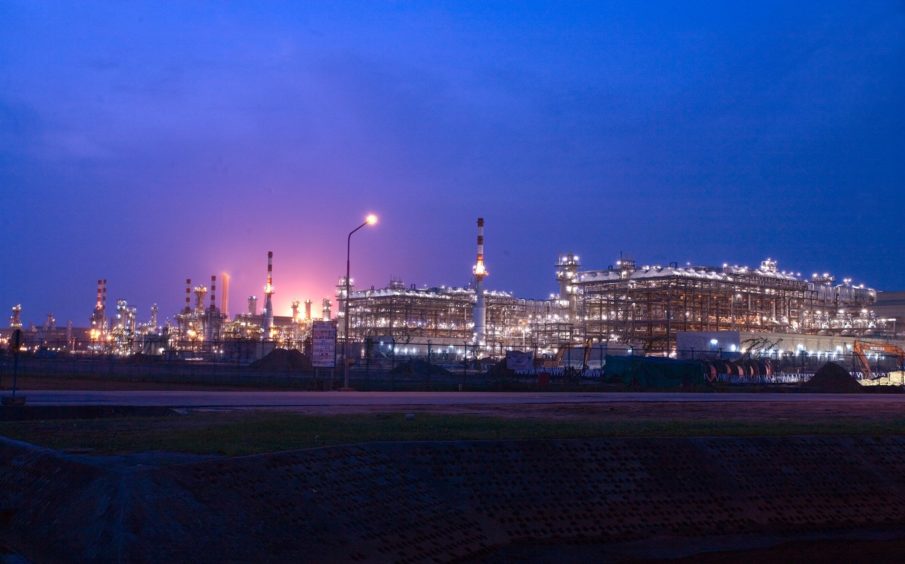
Scotland’s approach to trade with Africa is changing, driven by new commercial pressures, COVID-19 and the energy transition.
Getting to know a new market can prove challenging, but two organisations have come together to try and help companies expand. Kuro Consulting and the Scottish African Business Association (SABA) have worked together to put on events focused on specific countries.
“It’s a question of really targeting specific markets,” Kuro’s development director Joni White said. “There are different approaches, beliefs and behaviours, cultures. It’s not one size fits all, across Africa.”
SABA CEO Frazer Lang agreed.
“It’s being quite niche in what we offer, such as decommissioning. Talks recently with Angola revealed the government was keen to get support for skills training,” he said. We’ve also talked with the Senegalese on that front. Both ministries have said they recognise that Scotland is one of the best places in the world for energy skills training.”
The pandemic has provided something of a silver lining in allowing initial meetings to take place. Lang said the online event involving Senegal had come together quickly and with good attendance from a number of ministries. “Everyone is now used” to video conferencing events.
“That would normally take months to organise. Now, we can do that really quickly. Where things have slowed, though, is getting into country,” he said.
“We were set up as a bridge between Scottish business and Africa. We’re set up like a chamber of commerce. Our role is to pass on information and opportunities, but also to work with governments in supporting businesses,” Lang said.
The energy events have been successful in helping companies get up to speed with what the opportunities are and how to engage – where the benefits can be found, and traps avoided, Kuro’s White said.
Possibilities and pitfalls
“Organisations will come to us when they have an idea of expanding,” she said. “We’ll work with them to determine whether they’ve found the right market, carry out due diligence and market research.”
People under estimate Africa’s potential. “There’s a young population, a rising middle class, fantastic natural resources”. However, companies “need to have their eyes open. They need to make sure they’re not spending money and time in an area where they may not have success,” White said.
One mistake that companies make, she said, is assuming that working in one country will allow them to expand seamlessly into another. “Local content requirements vary in every country. It’s costly to make those mistakes. Companies have to stick to the rules and do the paperwork – they need to put in robust processes.”
Companies new to the continent tend to be more concerned around security issues.
White noted that when companies put people anywhere they need to be aware of the risks and they need to be safe. “Africa is no different. Companies need to carry out their due diligence and do it properly.”
Energy transition
Globally, the world is increasing its focus on the energy transition, although the drivers are not entirely the same in Africa. Some states have pushed ahead with a move into renewable energy, such as solar and wind in South Africa. Kenya and Ethiopia are working on geothermal plans in order to secure power generation.
UK government support is shifting, Lang said. UK Export Finance (UKEF) and Scottish Development International (SDI) are shifting away from supporting companies working in the hydrocarbon space.
This new support is opening up new avenues for companies able to work in the renewable energy space.
“That work is still going to happen, states in Africa still need companies to come in,” Lang continued. “Lots of governments are looking at the energy transition more seriously, but there’s still a good few years of oil and gas. It’s a line you have to tread.”
Recommended for you

